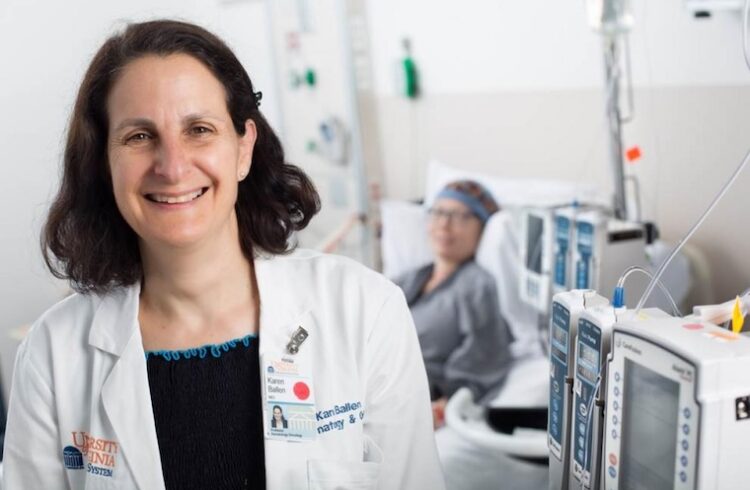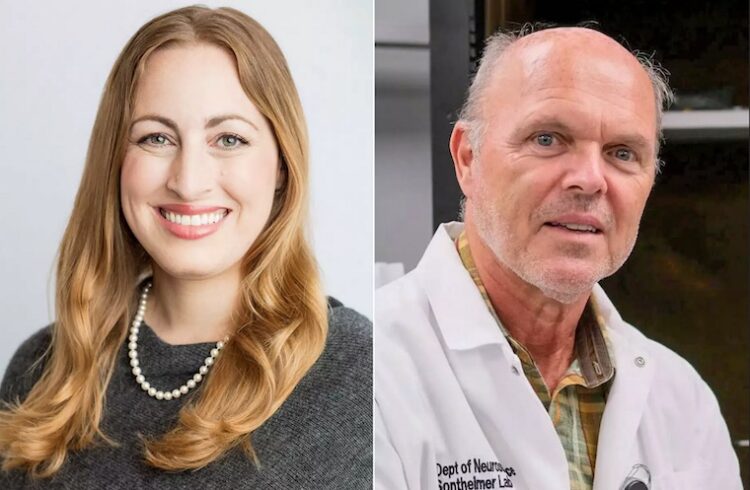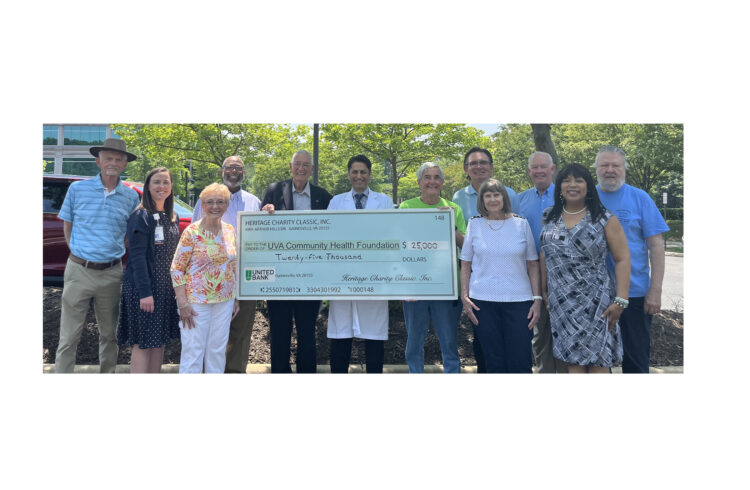
A University of Virginia researcher has been awarded a $3.6 million grant from the National Institute of Allergy and Infectious Diseases to combat a growing international health crisis.
Dr. Richard Guerrant, founder of UVa’s Center for Global Health, plans to take a unique approach to treating the bacterium Clostridium difficile , which is growing increasingly resistant to certain antibiotics that work against bacteria of the colon. Clostridium difficile (C. diff) is a bacterium that causes diarrhea and can lead to more serious intestinal conditions such as colitis.
“This is a huge problem which has been getting worse since the mid-1980s. Previously healthy young people are becoming ill with the disease and the national mortality rate from the disease has more than doubled in the last few years,” Guerrant says.
Patients who are most at risk from C. diff have traditionally been older or have taken antibiotics for an extended period of time. The antibiotics eradicate the beneficial bacteria which all people have in their digestive tract, leaving the drug resistant C. diff to flourish. An estimated 5 to 7 percent of residents of assisted living and nursing facilities are infected with the bacterium.
The Centers for Disease Control reports there have been C. diff outbreaks in hospitals in 23 states. The drug-resistant strain has been blamed for more than 100 deaths over an 18-month period at a hospital in Quebec. The bacteria are found in feces. Infection can occur when people touch items or surfaces contaminated with feces.
C. difficile produces two toxins which cause the body to react with diarrhea, fever, loss of appetite, nausea and abdominal pain. Because the bacterium is proving resistant to antibiotics, Guerrant proposes countering the effects of the toxins instead of targeting the bacterium.
“The current treatments have been to try a new antibiotic on the bacterium, which kills even more of the beneficial bacteria and allows C. diff to continue ravaging the patients,” Guerrant says. “By rendering the toxins harmless, we hope we can keep the debilitating effects of C. diff from proving fatal.”
Guerrant says pilot data show this approach has great promise and he plans to collaborate with other UVa scientists and a pharmaceutical company to develop the treatment.


